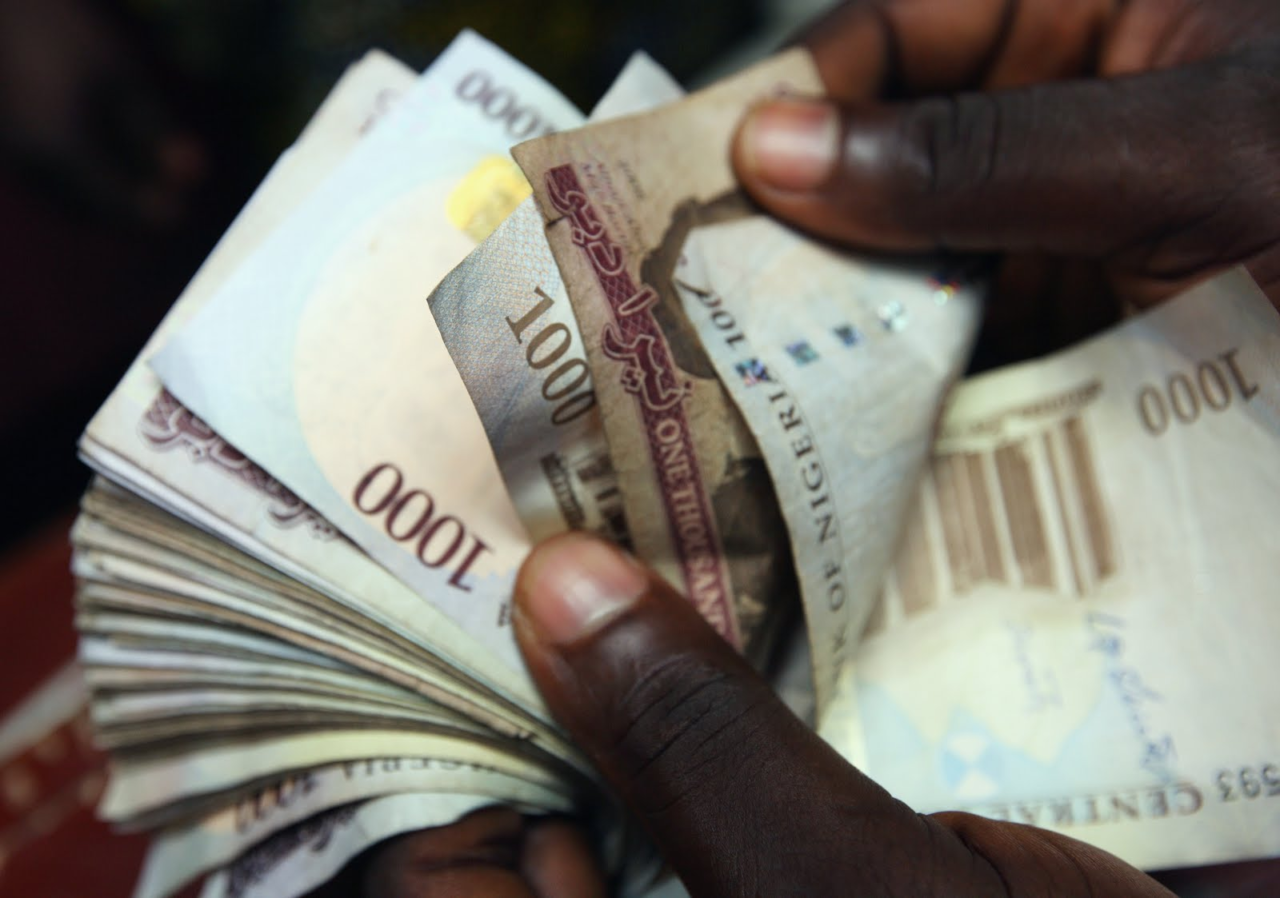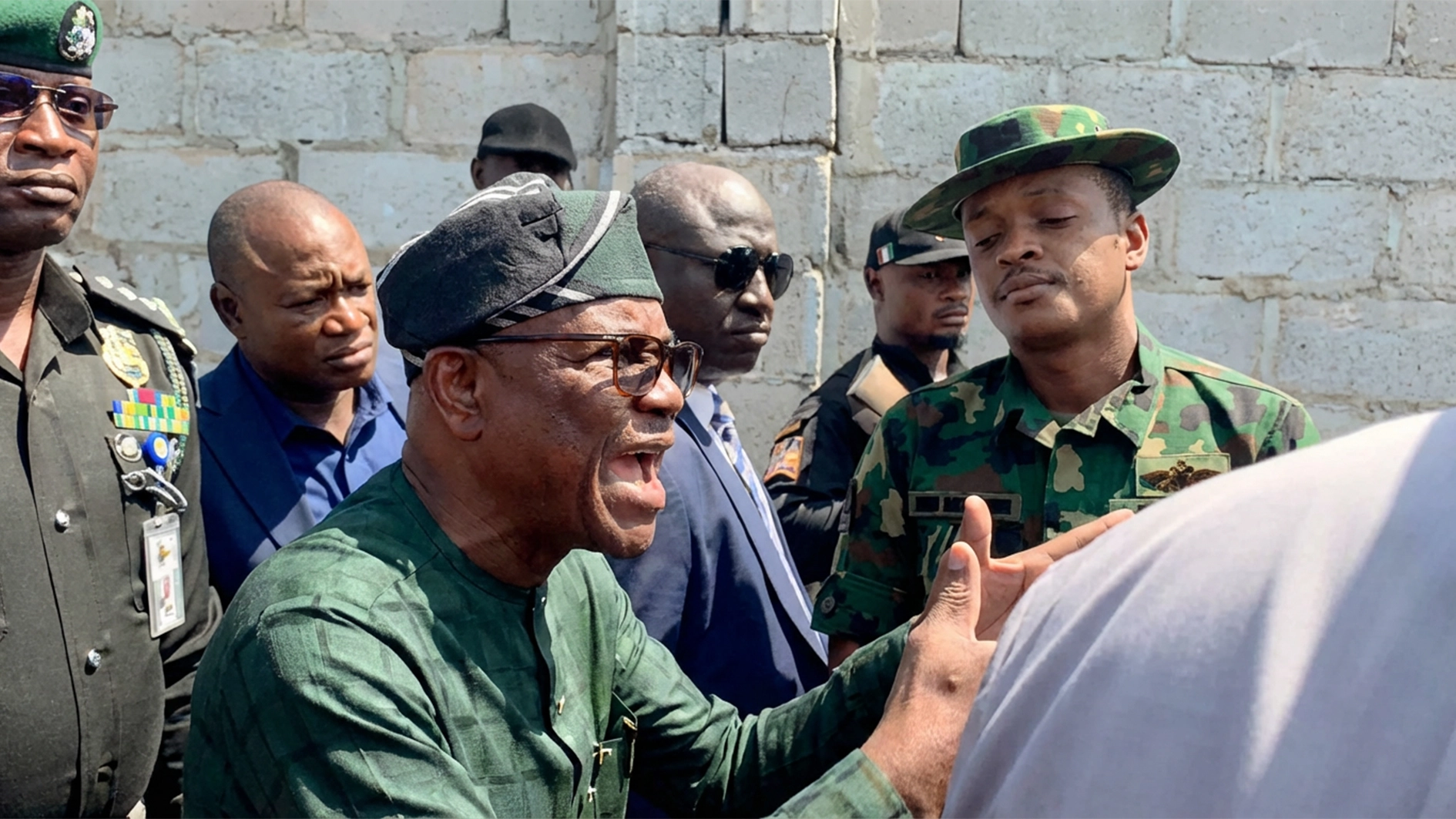
However, not paying the new minimum wage would signal how little the state governors, some of whom are still dilly-dallying on the subject, care about social justice and citizens’ survival. More importantly, the sub-nationals will be bad examples to the private sector operators who are at the receiving end of the new law just as their non-compliance will consolidate the irresponsibility of the old era where some states, until last year when the law was reviewed, did not implement the N30,000 wage floor.
By January 29, it will be six months after President Bola Tinubu signed the new minimum wage law, raising the wage floor by 133 per cent, to end months of impasse. Sadly, many workers are still looking up to their employers for the implementation of the law. And for employees who may still be paid on the old salary structure, they would have been denied their rights for almost six months. Whereas the new wage was supposed to take effect in April, it already appears that workers have forfeited the arrears while the employers expect them to show some understanding.
Unfortunately, the government has reneged on the key condition on which labour leaders, who had demanded over half a million naira as a minimum wage at some point, accepted the N70,000 offer. The price of fuel, as reported, was to remain below N500 per litre. But soon after the wage law, a product of collective bargaining, was signed, the price of fuel was raised. Today, the essential commodity is twice as costly as it was in July when the President signed the law.
The rising cost of fuel, of course, is like a falling knife on an average Nigerian. Hence, prices of essential commodities, which had already risen above the reach of the low-income earners, have gone up. Even in states such as Lagos, Rivers, Enugu, Bayelsa and Niger, where the political heads have offered above the statutory N70,000 national benchmark, minimum wage earners suddenly realised that their December salaries could not buy 50kg of rice during Christmas. If they chose to buy 25kg, they would possibly be left with nothing substantial to cover a bottle of cooking oil and chicken to enjoy the festive season. That does not give a good impression about the sanctity of labour in a society that is battling to pull the younger ones from the get-rich-quick syndrome.
Since April when the minimum wage review was due, the national average cost of a healthy diet (CoHD) per adult per day has jumped by over 30 per cent – from N1,035 to N1,346 as of September.
On the strength of this alone, the real value of N70,000 as of September, taking April as a baseline, was down to N49,000. The figure is probably less today considering that three months from September till date. In terms of fuel price disparity, the real value of workers’ salaries has also been halved, suggesting that an employee would need another 100 per cent pay raise today to retain welfare loss as a result of the sharp rise in the cost of energy since April. Beyond the technicality of purchasing power assessment, there is no gainsaying that workers have suffered real financial hardship. Some would have resumed in January only to realise that they cannot make substantial deposits for their wards’ school fees, which have also been reviewed upward.
Notably, incomes would gradually rise to match the high cost of living, which is front-loaded as common during economic reforms. Still, some form of support to push through these pains and full implementation of the minimum wage and consequential adjustments is the least government at all levels should do at this critical time. Governors should, as a matter of urgency, begin the process of blocking leakages in public finances to make the responsibility of paying the new wages lighter for the states.
There is a mindset that political officeholders are magnanimous when they discharge their constitutional responsibilities, including giving civil servants what they are entitled to such as payment of salaries. The implementation of the new minimum wage must not be approached with such thinking, which fuels gross negligence more often than it promotes good conduct. The N70,000 minimum wage is a product of a law duly passed by the National Assembly and signed by the President.
It is rather too late in the day for a state or a private entity, at this stage of the process, to disagree with the stipulations of the law, for which they were jointly responsible, notwithstanding that there is room to challenge a part or the entire document – through the court process. Otherwise, it is not expedient for any party to, out of convenience, choose to disregard the minimum wage law and continue to pay workers on the old salary structure from the end of February when the new wages can barely meet their basic needs.






